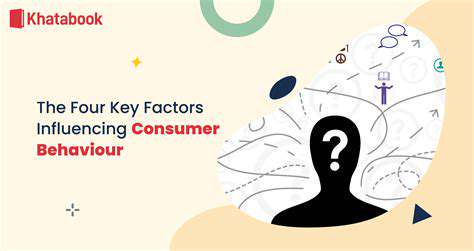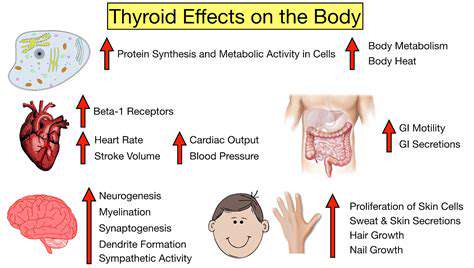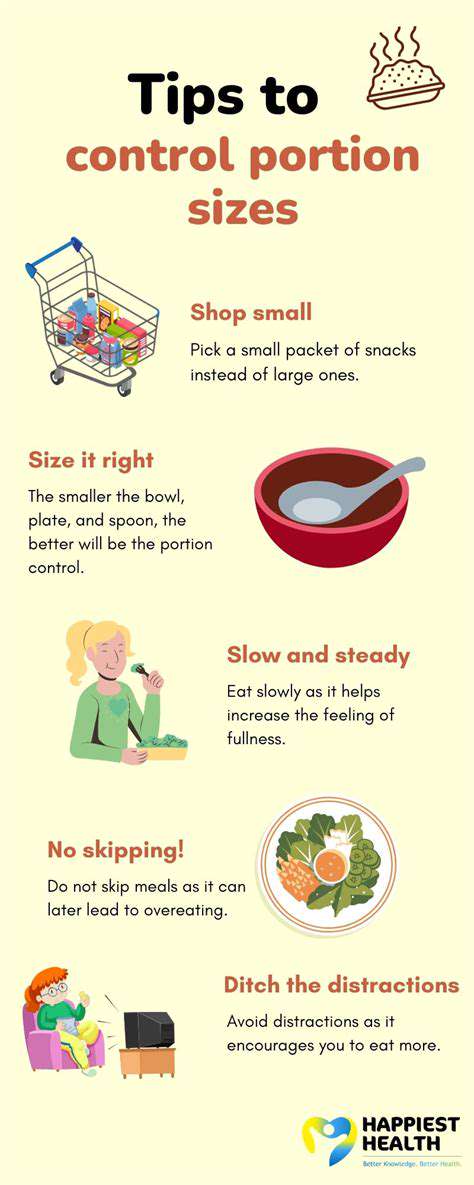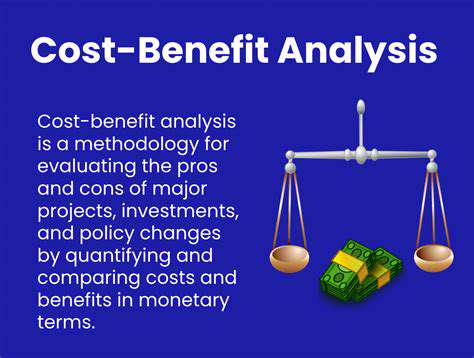Understanding Your Body Constitution in TCM
Yin and Yang: The Intertwined Forces of Nature
This philosophical foundation describes the complementary yet opposing energies present throughout nature and within our bodies. Yin qualities include receptivity, coolness, and nourishment, while Yang represents activity, warmth, and transformation. Rather than existing separately, these forces constantly interact and influence one another in a delicate dance of mutual regulation.
Optimal health depends on maintaining proper equilibrium between these complementary energies. When this balance falters, individuals may experience various symptoms ranging from mild discomfort to chronic conditions. TCM addresses these imbalances through customized treatment plans that may include herbal remedies, acupuncture, and lifestyle recommendations.
The Five Elements: A Cycle of Transformation
The Wu Xing system identifies five fundamental phases of transformation - Wood, Fire, Earth, Metal, and Water - each corresponding to specific bodily systems, emotional states, and seasonal influences. These elements engage in continuous cycles of generation and control, maintaining the body's dynamic equilibrium.
For example, Wood element disturbances, related to liver function, might appear as frustration or muscular tension. TCM practitioners utilize this elemental framework to identify deeper patterns of disharmony rather than merely addressing surface-level symptoms. This comprehensive perspective enables more targeted and effective therapeutic approaches.
Zang-Fu Organs and Their Interplay
In TCM theory, the internal organs exist as paired functional systems with both physical and energetic dimensions. The Zang (yin) organs store vital substances while the Fu (yang) organs handle transformation and transportation. Their coordinated function maintains the body's physiological processes.
Knowledge of these organ relationships, such as the Lung-Large Intestine pairing, informs precise diagnostic assessments. This systemic understanding enables practitioners to identify and correct underlying energetic disturbances contributing to health concerns. By restoring proper organ interaction, TCM supports the body's natural healing capacities.

Tailoring Your Lifestyle for Optimal Health
Understanding Your Body's Unique Needs
Creating an effective wellness strategy begins with recognizing your individual constitutional tendencies. Personalized health approaches consider factors like natural energy patterns, digestive characteristics, and immune responses. This awareness allows for customized lifestyle modifications that work with rather than against your body's innate tendencies.
Self-observation reveals valuable insights. Do you function best with morning activity or evening productivity? How does your body respond to different food combinations? These observations form the foundation for developing truly personalized health strategies.
Dietary Adjustments for Enhanced Wellbeing
Nutritional needs vary significantly based on individual constitution. Some bodies thrive on warming foods while others require more cooling options. Meal timing, food combinations, and preparation methods all influence how effectively your system extracts nourishment. Experimentation and careful observation help identify the most supportive dietary patterns for your unique requirements.
Strategic Exercise for Body Type
Physical activity should complement rather than contradict your natural energy patterns. Those with more yin constitutions might benefit from gentle movement practices like tai chi, while yang-dominant individuals may require more vigorous exercise to maintain balance. The key lies in matching activity type and intensity to your body's inherent needs and responses.
Stress Management Techniques Tailored to You
Individual stress responses demand customized coping strategies. Some find relief through meditative practices while others benefit more from expressive activities. Recognizing your personal stress indicators and experimenting with various techniques helps develop an effective, personalized stress management toolkit.
Sleep Hygiene and Its Impact on Overall Health
Sleep requirements and patterns show remarkable individual variation. Some thrive on shorter sleep periods while others need extended rest. Creating sleep-supportive environments and routines that align with your natural circadian rhythms can significantly enhance daily functioning and long-term health outcomes.
The Importance of Regular Check-ups and Monitoring
Consistent health monitoring provides valuable feedback about your lifestyle choices. Professional assessments combined with personal observations create opportunities for timely adjustments. This proactive approach helps maintain alignment between your daily habits and your body's evolving needs.
Mental Well-being and Body Constitution
Cognitive and emotional patterns often reflect constitutional tendencies. Some minds require constant stimulation while others need regular quiet periods. Recognizing these patterns allows for the development of mental health practices that complement rather than oppose your natural cognitive rhythms.











